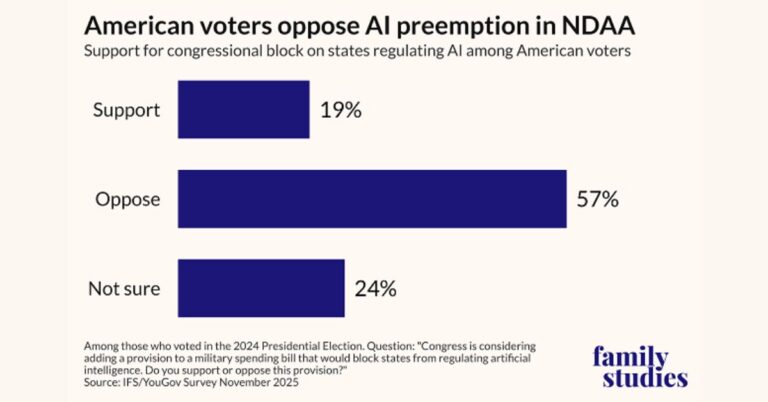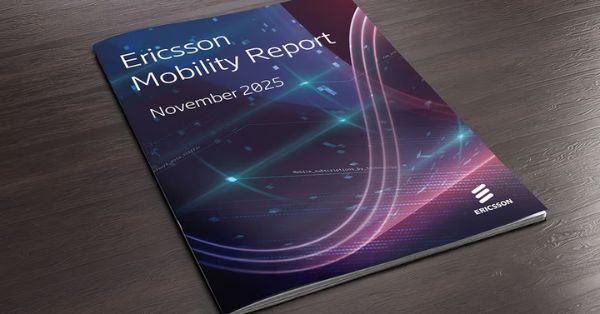The burgeoning interest in space exploration has transcended the confines of governmental agencies, capturing the imagination and capital of the private sector. This shift is marked by a dramatic increase in investment and technological innovation, sparking debates about the inclusivity and ethical implications of commercializing the cosmos. Is the race for space a playground exclusively for billionaires, or is there room for broader participation?
The Current Landscape of Space Exploration
Historically dominated by national space agencies like NASA and Roscosmos, the space sector is experiencing unprecedented transformation. The entry of private companies such as SpaceX, Blue Origin, and Virgin Galactic has not only intensified the race to space but also reduced costs, thereby democratizing access to space travel and research. These companies are pioneering reusable rocket technology and developing commercial spaceflights, signaling a shift from state-sponsored to privately funded space exploration. Furthermore, the rise of international players like China’s CNSA and India’s ISRO adds to a more diversified and competitive landscape, further challenging the traditional dominance of Western space agencies.
Technological Innovations Driving Change
The space industry has seen staggering technological advances that have reduced costs and increased the feasibility of space missions. Innovations in rocket technology, materials science, and satellite technology have opened new possibilities for exploring and utilizing space. Companies are now able to launch satellites at a fraction of the cost compared to a decade ago, thanks to advancements in launch technology and the miniaturization of satellites. Additionally, breakthroughs in AI and robotics are enhancing unmanned missions, paving the way for more sophisticated exploration and utilization of space resources.
Impact on Global Economy and Policy
The implications of the expanding space industry extend beyond technological achievements, influencing global economy and geopolitical dynamics. The ability to deploy satellites rapidly and cost-effectively is crucial for global communications, weather forecasting, and national security. This capability gives private companies significant leverage over critical global infrastructure, prompting governments worldwide to reevaluate their space policies and engage more with private sectors through public-private partnerships. The surge in space-based services, such as internet satellites from SpaceX’s Starlink, is reshaping how global connectivity and information services are delivered, impacting everything from rural internet access to global financial markets.
Is Space Just for Billionaires?
While the media often highlights billionaires’ escapades in space, the reality is more nuanced. The space sector comprises numerous startups and middle-market companies contributing to its growth. These entities often begin with modest resources but grow to play significant roles in the industry. For instance, small startups are innovating in space mining, satellite technology, and other areas, showing that space is not solely the domain of the ultra-wealthy. Companies like Planet Labs and Rocket Lab, though initially small, have significantly disrupted the market by offering cost-effective satellite solutions and launch services, respectively.
However, the high costs associated with space missions still pose significant barriers to entry, making it challenging for smaller players to compete. The role of billionaires in this sector cannot be understated as their capital and risk tolerance drive much of the innovation and expansion of space activities. Nonetheless, crowd-funded projects and academic partnerships are emerging as viable alternatives for less affluent entities to stake their claim in space.
Future Trends and the Democratization of Space
Looking forward, the space industry is poised for further democratization. As technology evolves and costs continue to decrease, more entities will be able to participate in space exploration. The development of global regulations and frameworks to manage space activities ethically and equitably will be critical in ensuring that space remains accessible for all nations and companies, regardless of size or economic power. Moreover, the growing trend of microsatellites and CubeSats opens up space activities to universities and non-governmental organizations, further expanding the field’s inclusivity.
Public-Private Partnerships and Ethical Considerations
Public-private partnerships are pivotal in bridging the gap between governmental goals and private sector capabilities. These collaborations can accelerate technological advancements, reduce costs, and create more opportunities for scientific research and commercial ventures in space. Ethically, it is imperative to develop guidelines that ensure these partnerships operate transparently and equitably, prioritizing humanity’s best interests over individual or corporate gains. Initiatives like the Artemis Accords spearheaded by NASA aim to foster international cooperation in space exploration, setting a precedent for future collaborative efforts.
Conclusion
The race for space is no longer just for the 1%. It has become a multifaceted arena of competition and cooperation involving various stakeholders, including governments, private companies, and international coalitions. As we stand on the brink of a new era in space exploration, the focus should not only be on technological and financial capabilities but also on ensuring ethical, equitable, and sustainable practices. The final frontier might be infinite, but our responsibility to manage it wisely is profoundly human.
The development of space technology and exploration continues to be a testament to human ingenuity and the relentless pursuit of knowledge. As this sector evolves, it presents not only challenges but also immense opportunities to foster a more inclusive and collaborative international space community.







































